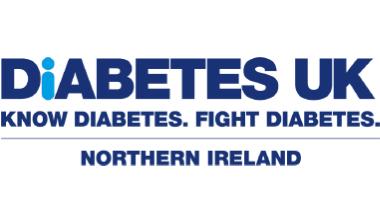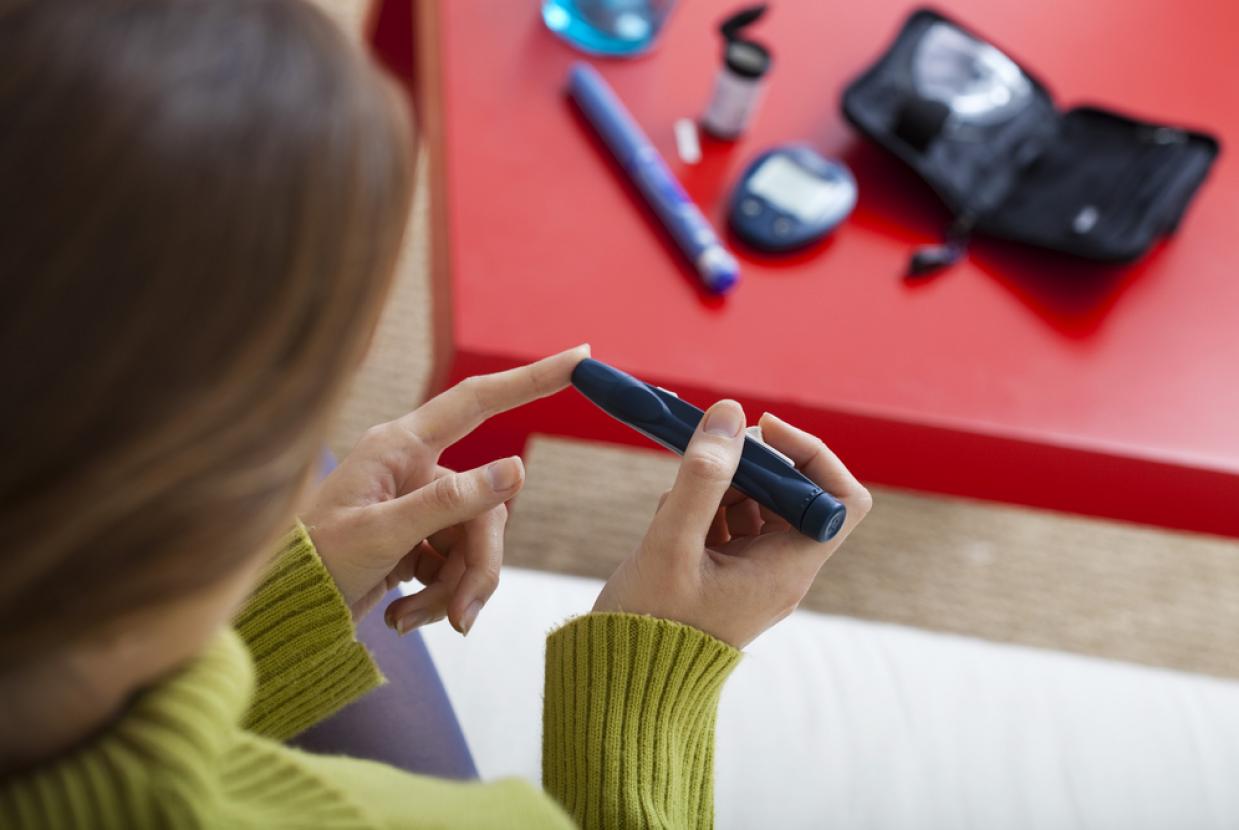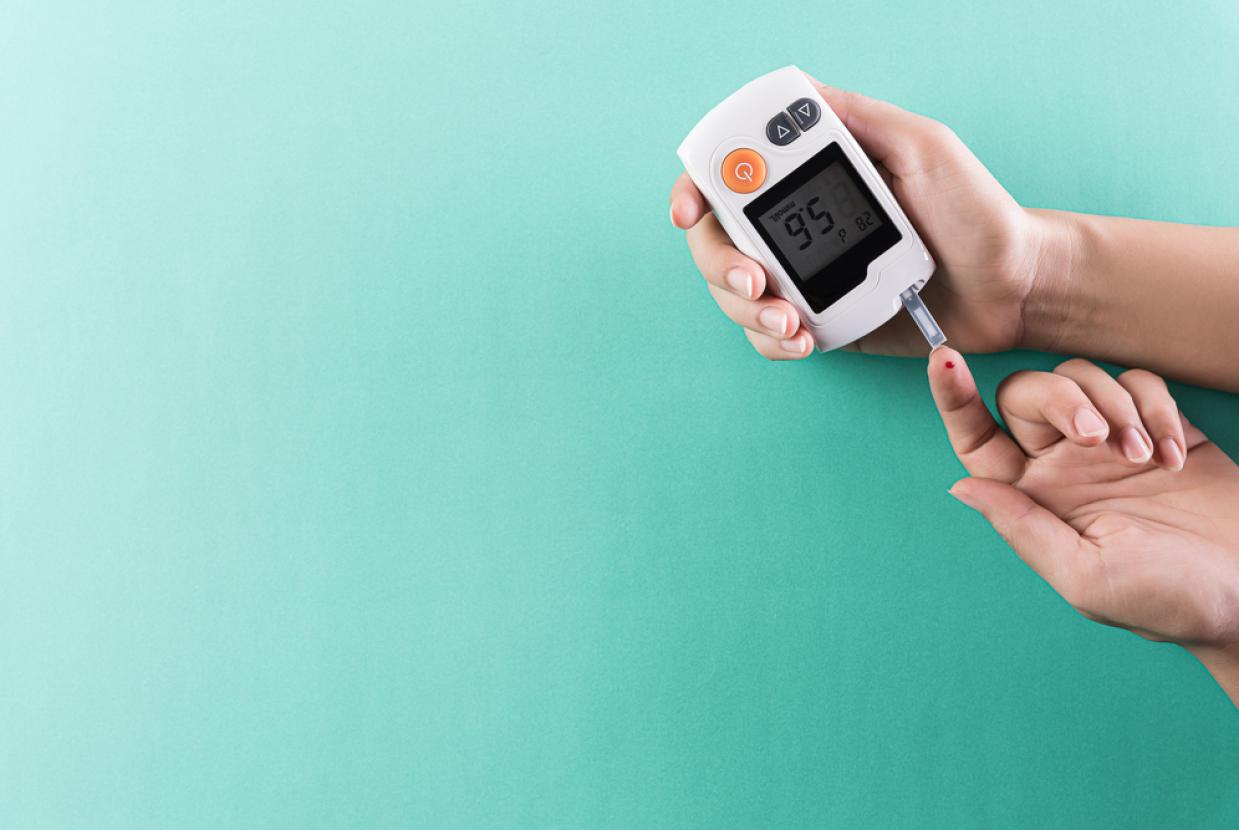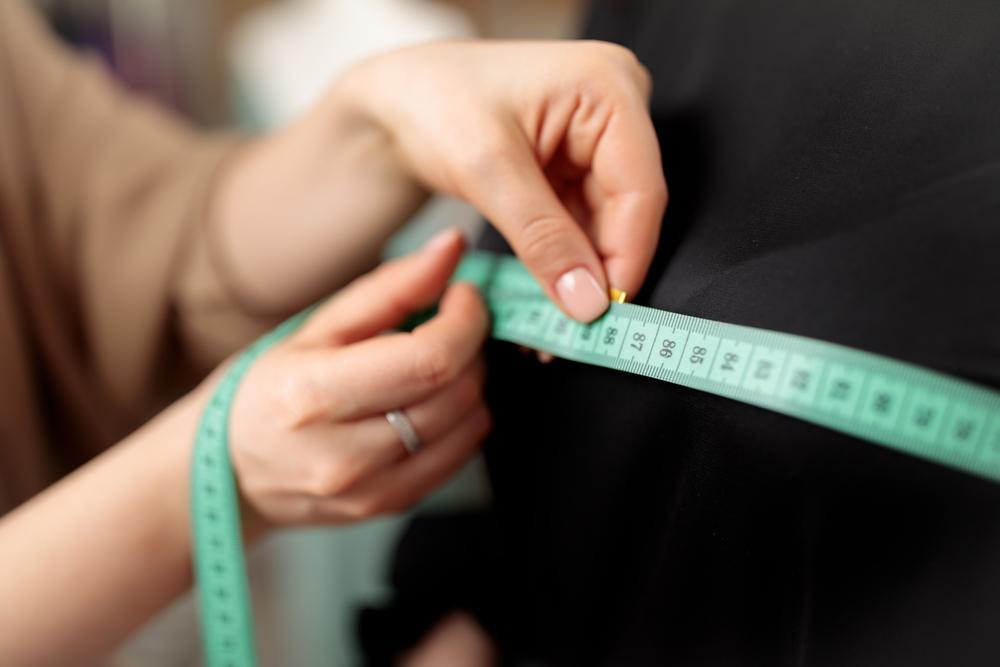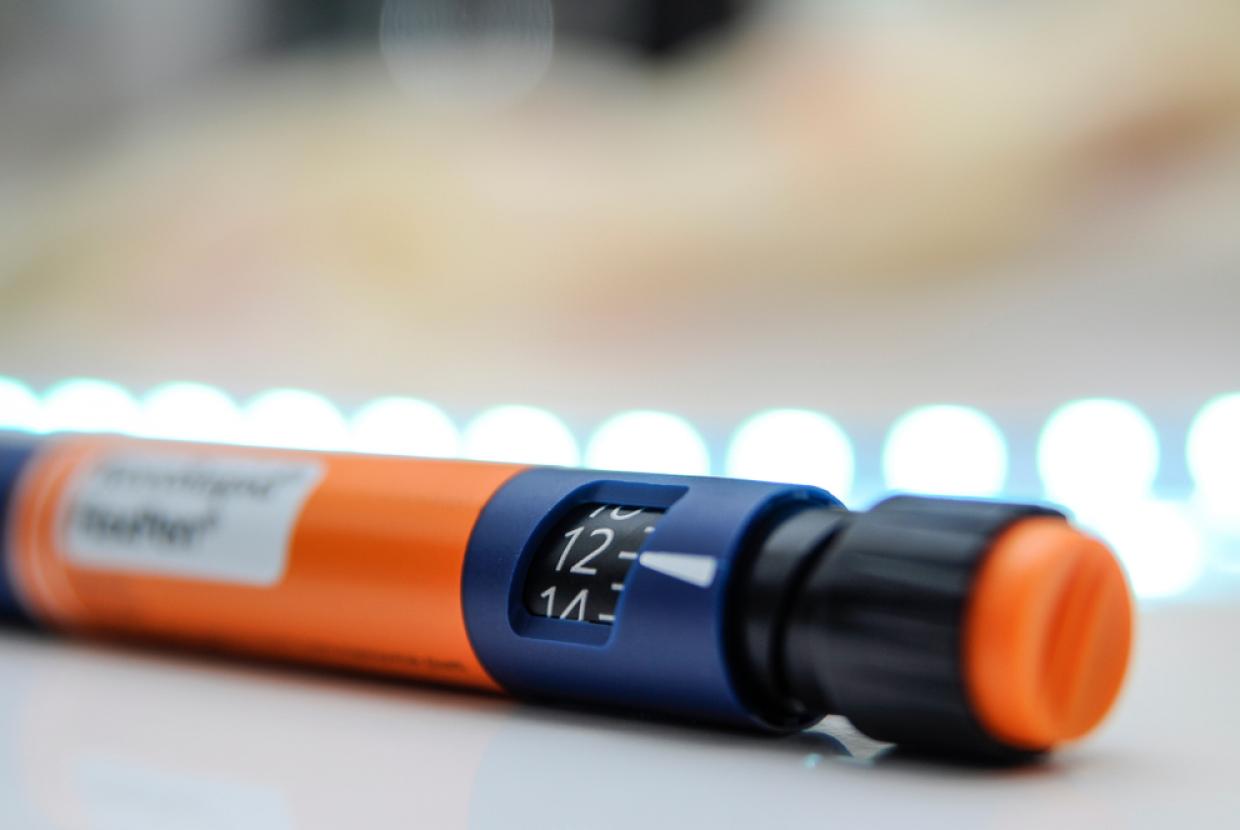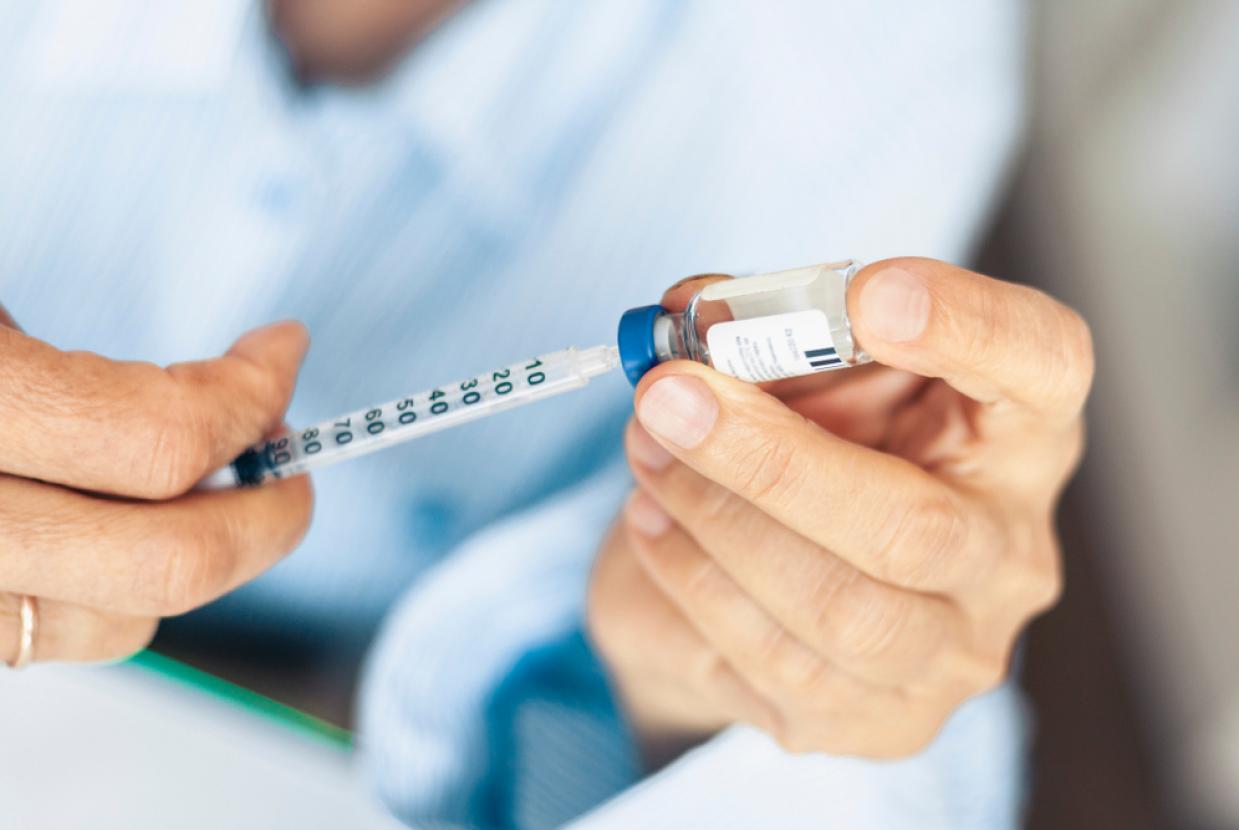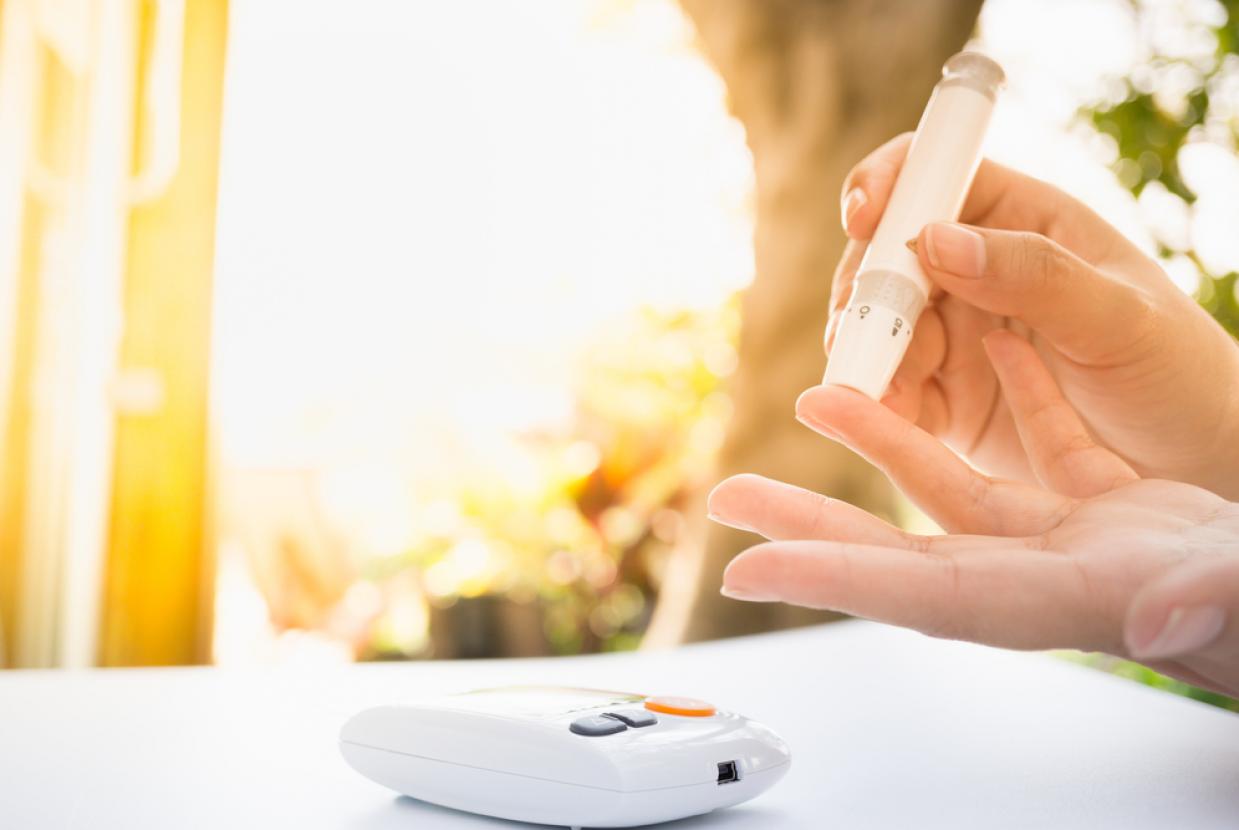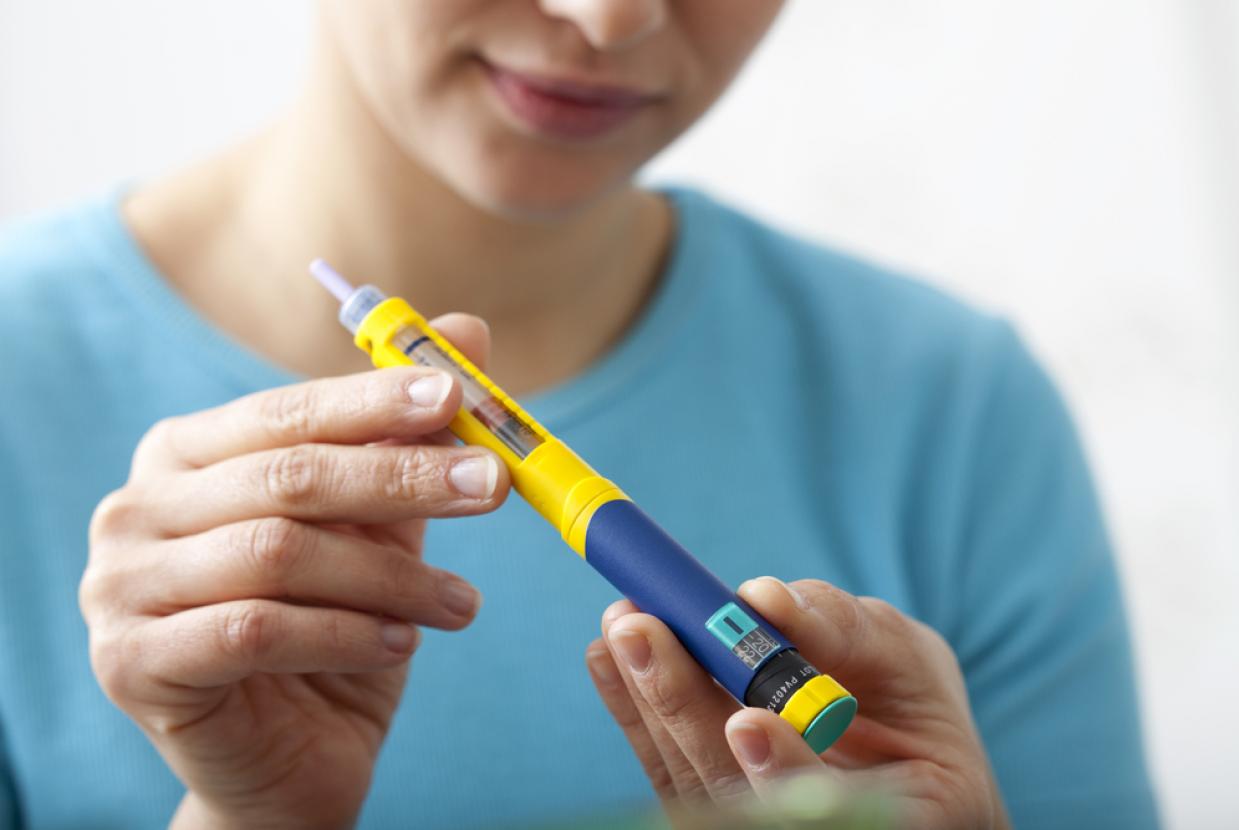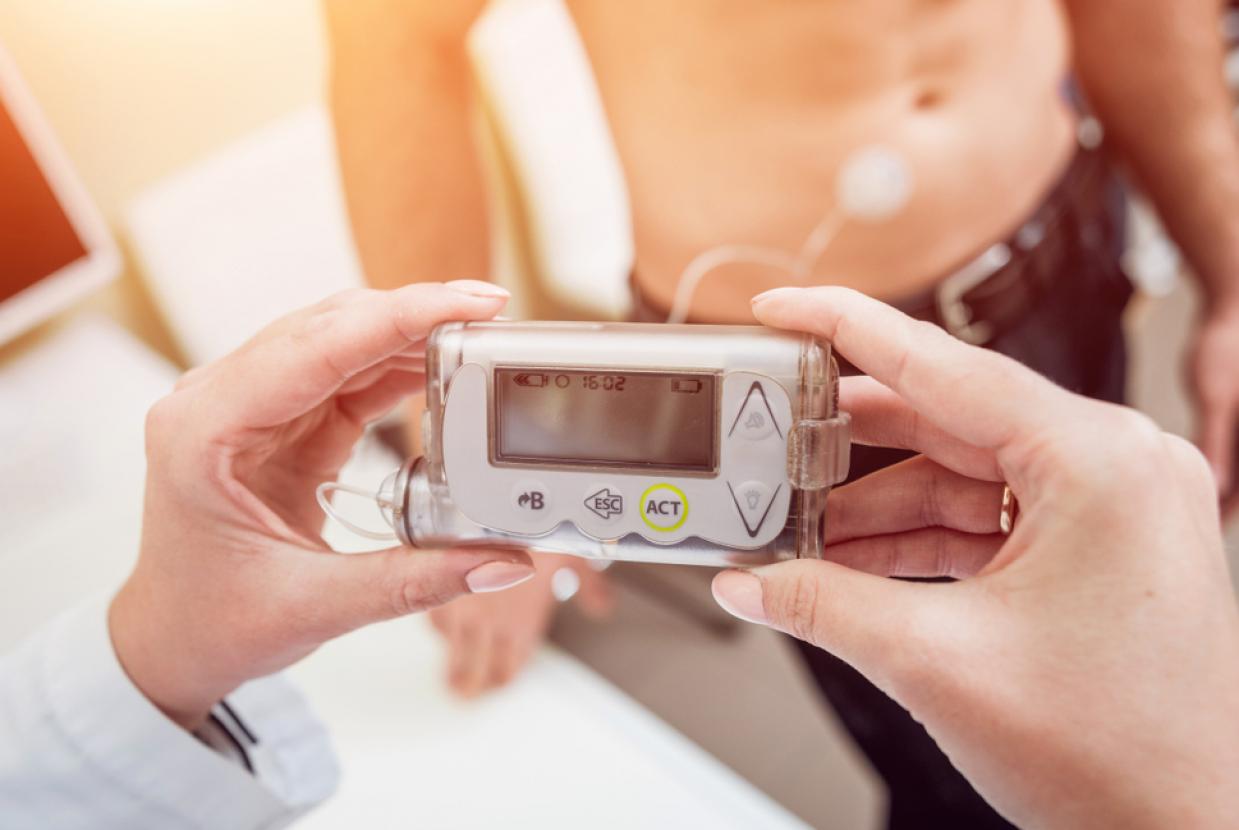Money Troubles: Living With Diabetes
Diabetes / Money TroublesIf you can’t manage your diabetes without insulin, another medication or treatment, it is classed as a disability when applying for benefits.
Diabetes and disability benefits
Parents and carers of children with diabetes and some people with diabetes may be able to claim a disability benefit – see the different disability benefits on gov.uk. Not everyone with diabetes who takes insulin or medication is eligible for a disability benefit.
We know diabetes is a serious condition that requires careful self-management every day and access to benefits can be vital for people at all stages of the condition.
This isn’t always easy and the system can be difficult to navigate. For example, some benefit applications currently rejected are then overturned on appeal or at tribunal, which causes additional stress and delay to people.
Finding out if you're eligible for disability benefit
One way to find out what disability benefit you or someone you’re supporting may be able to claim, is to use the turn2us benefit calculator. Tick ‘yes’ for the question – do you consider yourself (or them) to have a disability? – and it should signpost to information about any relevant benefit, where to apply, and how to get help to apply.
You can also read our information on the two main disability benefits below – and follow the links – to decide if you may be eligible. The money is tax free and is not means tested – so you can still be working or have savings.
Disability Living Allowance for children
As the parent or the main carer of a child with diabetes, you’re likely to be helping or supervising your child at different times of the day or night.
We would encourage you to consider how disability living allowance (DLA) may be able to help the care of your child and make a claim whatever type of diabetes they have.
If you’re in England, Wales or Northern Ireland, you can claim DLA for children under 16. If you’re in Scotland, the benefit is called Child Disability Payment and it can be claimed for children under 18. You and your child will not need to have an assessment by a healthcare professional as part of your claim.
Making a claim for DLA for children
If you decide to apply for DLA or Child Disability Payment, you must wait until three months after your child’s diabetes diagnosis before sending in or submitting your claim form.
The information below applies to people living in England, Wales and Northern Ireland. If you live in Scotland and are applying for Child Disability Payment, the form is different but you may find the section below useful. For Child Disability Payment, you can prepare by reading sample questions from the application form.
How to claim DLA or Child Disability Payment
Find out how to make the DLA or Child Disability claim and where to get the form on the gov.uk website for your part of the UK.
If the benefit is awarded, it will start from the date your form is received - or the date you call the enquiry line for a claim form if you fill it in and send it back within six weeks. It usually takes about eight weeks for your form to be processed.
How much money you get wherever you are in the UK will depend on the level of extra care you provide for your child at different times of the day and night compared with caring for a child without diabetes. The money is paid to the parent or the carer.
If your claim is turned down or you don’t get the level of benefit you think you’re eligible for, you’ll be told how to challenge the decision.
Search for information about challenging a decision and where to get help with a challenge from Citizens Advice for your part of the UK.
Free childcare
If you are awarded DLA or the Child Disability Payment - and/or other benefits you may be entitled to free childcare. Check what help you could get with childcare costs on the GOV.UK website.
What happens to DLA or Child Disability Payment when your child becomes an adult?
Before your child reaches the age of 16 (18 in Scotland), they should get a letter letting them know that the benefit will be coming to an end and inviting them to apply for Personal Independent Payment instead (although there are no guarantees they will get this).
Personal Independence Payment
If you have diabetes and are aged 16 and over (18 in Scotland) and it affects your ability to do daily tasks or to get around, and you need extra help, you may be eligible for Personal Independence Payment (PIP) which has replaced Disability Living Allowance for adults. In Scotland, PIP is starting to be replaced by Adult Disability Payment so check the latest guidance on the page to check which benefit to apply for. The eligibility rules stay the same.
If you’re state pension age or over, you apply for Attendance Allowance instead of PIP or Adult Disability Payment.
Deciding if you're eligible
We know that it can be difficult for people with diabetes to get Personal Independent Benefit (PIP) or an equivalent benefit.
So the important thing is to read the guidance on eligibility for PIP before deciding whether to apply. Have a look at the Citizens’ Advice guide to PIP and Disability Rights UK's PIP guide. The Benefit and Works website also has lots of information on PIP – including an online questionnaire you can complete to help you decide if you might be eligible. (This service is free, but if you want additional guides or information, the annual subscription is £20).
It’s worth knowing that if you put in a claim for PIP, you usually have an assessment by a healthcare professional as part of your claim.
How to claim
Find out where to get the form and how to claim PIP on the gov.uk website. The Disability Rights website also has information on making a claim for PIP. If your claim is turned down or you don’t get the level of benefit you think you should get, you’ll be told how to appeal. The Citizens’ Advice website has information on PIP appeals.
Carers’ Allowance
If you’re caring for someone with diabetes who has a disability benefit or another benefit or Disability Living Allowance for children, you may also be able to claim Carers’ Allowance. But you’ll need to be providing more than 35 hours care a week. Find out more about Carers’ Allowance eligibility on the gov.uk website.


